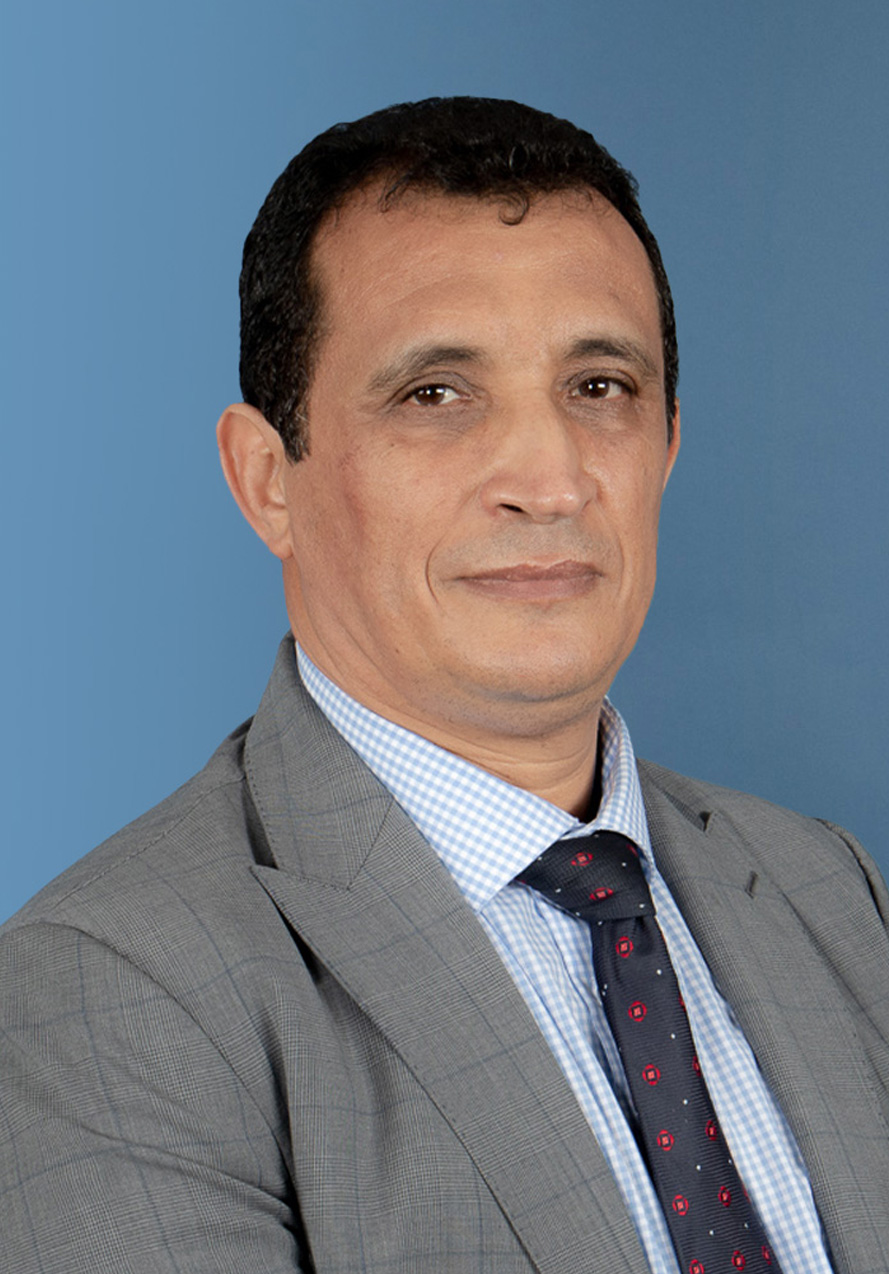Events
China’s activity in the security domain in Africa and the Middle East
China’s scramble for African and Middle Eastern natural resources is well documented and amply debated. Ten years ago, its interests were mostly confined to the acquisition of oil and other raw materials. However, over the past decade direct Chinese investment in the region has grown exponentially, making China one of the most important economic actors in the region. This relatively recent development is rooted in the strategic decision taken probably as far back as two decades ago to diversify and secure energy and resource supplies across the globe.
In the Middle East, China’s strategy is driven by its energy demand (China is the world’s largest importer of oil and about half of its supply comes from this region) as well as the Belt and Road Initiative (BRI), launched in 2013. Investments in ports and industrial parks have been central to China’s strategy, as they create an economic chain linking it to the Gulf, the Arabian Sea, the Red Sea and the Mediterranean, eventually reaching the wealthy European economies. In Africa also, China’s reach strongly reflects the imperatives of its domestic economic development and the specific need to secure those natural resources which are needed for global competition.
China has so far been successful in furthering its economic interests thanks to a combination of two main factors: firstly, Chinese companies are provided with the full panoply of state institutionalized backing, from political protection to subsidized financial risk assistance, thereby insulating them from the rigours of the open market; secondly, it has been careful to avoid substantial political involvement, setting forth instead a narrative of neutral engagement with all countries, including those at odds with each other, on the basis of mutually beneficial agreements.
However, ever growing Chinese interests in this vast region make it difficult for Beijing to maintain its neutral narrative; and its deepening engagement with countries on both sides of fierce rivalries could drag it into disputes deliberately avoided when setting out its core objectives.
The purpose of this workshop is to improve the understanding of China’s course of action in Africa and the Middle East, discussing first the tenets of its long-term strategy and then moving to an analysis of its potential shift from purely economic to broader, political engagement, with the final objective being to assess the relevance in the medium term (five-to-ten years) of China as an actor in the security domain in this region.
The Policy Center for the New South will contribute to the discussion and will be represented by its Senior Fellow, Mr Rachid El Houdaigui.


